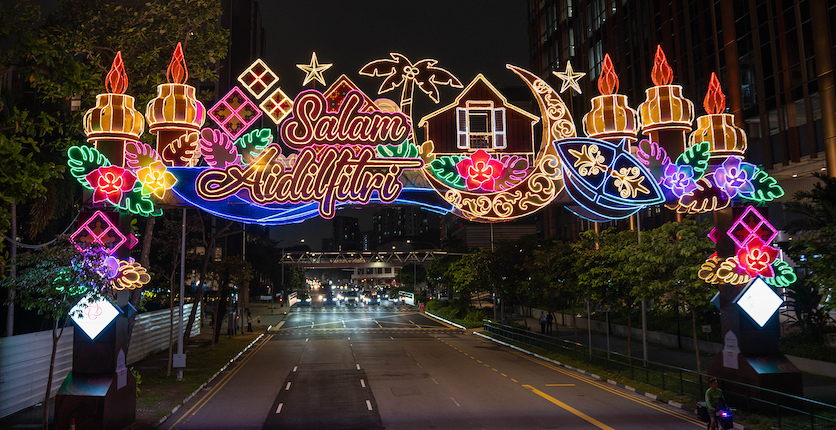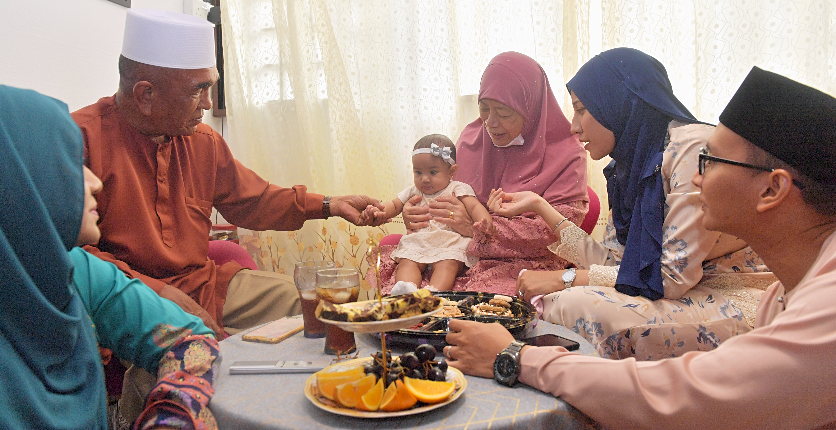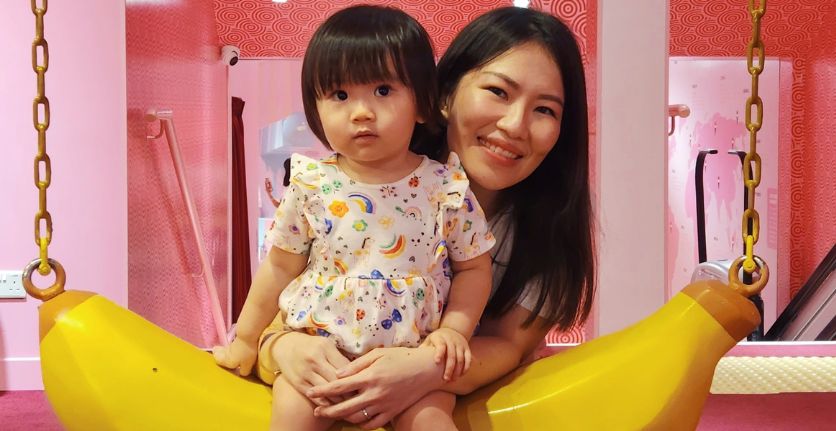Living in a multicultural society like Singapore, most of us grew up celebrating a myriad of cultural festivities. One significant festival is Hari Raya Puasa, which is celebrated on a different day each year depending on the Islamic calendar. This year, it’ll be observed on 10 April, which has also been marked a public holiday.
Even if you’re not a Muslim, you’re probably just as excited to partake in the festivities with colleagues and friends. But did you know the origins of these cultural practices, or why the Malay community in Singapore does them?
Here are some interesting facts about Hari Raya Puasa celebrations in Singapore, whether you’re trying to dive deeper into the roots of your culture, or a non-Muslim interested to gain an understanding behind fasting month and practices like open house visits and giving out green packets.
1. Ramadan, or fasting month
Hari Raya Puasa comes right after the holy month of Ramadan, a period of fasting, prayer, and reflection for Muslims worldwide. While Muslims in certain parts of the world start fasting depending on the sighting of the new moon, the Islamic Religious Council of Singapore (MUIS) uses astronomical calculation to determine the beginning of the Islamic months.
According to MUIS’ website, Ramadan is a month that has been chosen by Allah for believers to practise self-control and to enhance their spirituality. It also inculcates the values of empathy and compassion towards others within the community, especially those who are less fortunate.
The observance is marked by fasting from dawn till dusk. Muslims refrain not only from food and drinks, but also negative behaviours such as gossiping, cheating, lying and others. In Islamic tradition, not all members of the Muslim community are obligated to observe fasting during Ramadan. Some groups of individuals, including pregnant or nursing women, individuals with chronic illnesses, and prepubescent children, are exempted.
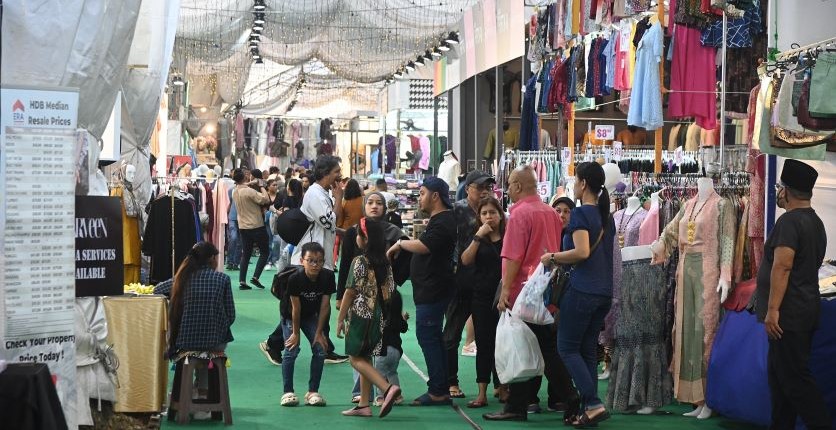
This is also when you’ll start seeing the Hari Raya Light-Up in between Sims Avenue and Changi Road, as well as the annual Geylang Serai Bazaar, taking place till 10 April 2024.
2. Terawih prayers
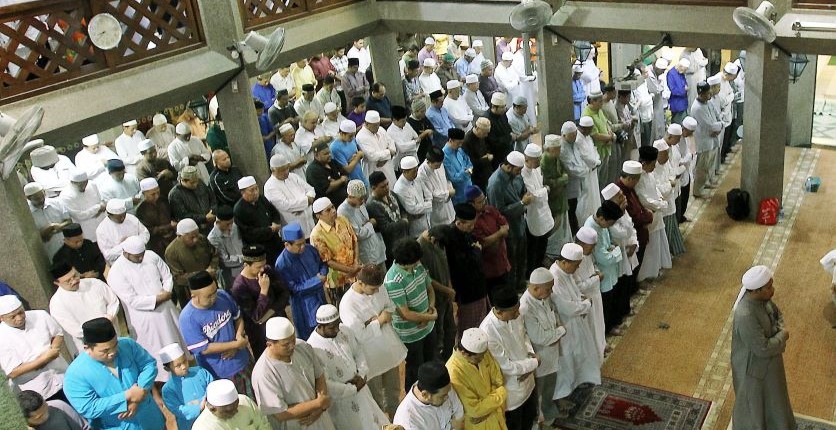
Fasting is not the only act of worship specific to Ramadan. Every night throughout the month, Muslims gather in mosques across Singapore for Terawih prayers. These special prayers offer believers an opportunity to seek forgiveness, connect with their faith on a deeper level, and build camaraderie within the community, according to MUIS.
The prayer is performed in sets of two until a total of 8, 12, or 20 rakaats, after performing the obligatory Isya prayers. A rakaat is a sequence of specific movements and prayers practised by Muslims as a part of their mandatory prayer routine.
Stepping into a mosque during Ramadan, you’ll notice that the atmosphere is one of reverence and unity, as worshippers come together to recite the Quran and engage in acts of devotion.
3. Hari Raya Puasa
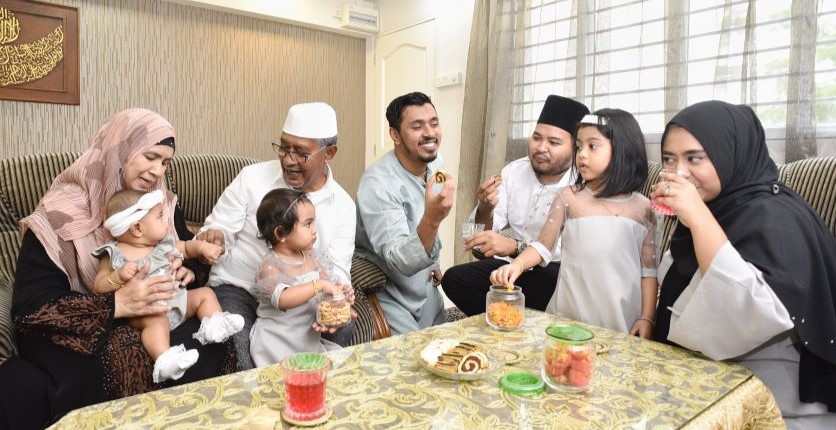
Now, on to the main festivities. Hari Raya Puasa is the joyous occasion following the end of Ramadan. While we have one public holiday to mark the occasion, it’s celebrated throughout the month.
The morning itself is the most significant, starting with a visit to the mosque for special prayers, followed by seeking forgiveness from parents – a customary practice where Muslims ask elders to pardon any past wrongdoings, according to Singapore Tourism Board.
Throughout the month, you’ll hear individuals greet each other with “Selamat Hari Raya, maaf zahir dan batin,” which means “Happy Hari Raya, I seek forgiveness from you outwardly and inwardly.” This strengthens relationships between family and friends, providing an opportunity to start afresh without holding on to past grudges.
Hear from some of our friends who are celebrating Hari Raya, and what they’ll be doing this year!
4. Hari Raya house visits
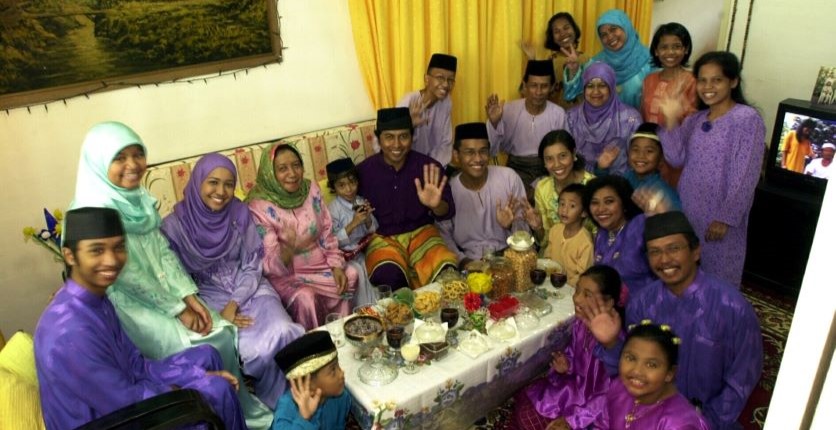
Hari Raya Puasa is synonymous with the tradition of open house visits, or Hari Raya visiting, where friends, relatives, and neighbours come together to exchange warm wishes and blessings.
You’ll see women decked out in gorgeous baju kurung and kebaya, while the men are dressed up in baju melayu and a songkok. These are mostly bought new each year to symbolise the spirit of renewal, although you can also thrift your clothes or wear the ones you already have.
And of course, no Hari Raya celebration is complete without homemade feasts featuring traditional dishes such as rendang, lemang, and lontong. And let’s not forget kuih raya such as pineapple tarts, kuih makmur, and kuih bangkit.
The meaning behind Hari Raya visiting goes beyond feasting and dressing up in beautiful traditional garments. These visits foster a sense of kinship and community spirit, as it’s the only time of the year where friends and relatives gather to celebrate the occasion.
5. Decorating your home
While it’s not compulsory, most families use this as an opportunity to spring clean and deck their homes out with home decor and lampu lap-lip, or more commonly known as fairy lights. Decorative elements such as ketupat ornaments and floral motifs are used to infuse homes with an atmosphere of joy and prosperity.
6. Zakat – Obligatory charity
View this post on Instagram
Central to the festivities is the spirit of generosity, as Muslims share their blessings with loved ones and the less fortunate. This manifests itself through the practice of Zakat, the giving of alms to those in need.
Zakat.sg explains that Zakat is a word translated from Arabic. It signifies growth, multiplication, or increase. Additionally, the term “Zakat” embodies connotations of fertility, purification, and abundant blessings, also called baraqah.
Zakat plays a crucial role in fostering social justice and solidarity within the Muslim community, as it ensures that wealth is distributed equitably among its members. By fulfilling this obligation, individuals purify their wealth and contribute to the welfare of society at large.
7. Duit raya, or green packets
Similar to the Chinese tradition of giving out hongbaos, Malays distribute duit raya as a gesture of blessing and generosity.
Besides that, presenting duit raya, particularly to children, fosters the development of saving and prudent spending habits. It also reinforces familial bonds, especially as relatives gather from distant places during the annual festivities.
One thing that’s universally acknowledged is that this tradition is not obligatory, and one should give depending on their financial situation. After all, Hari Raya Puasa is not just a religious observance, but a celebration which helps embrace the values of gratitude, generosity, and solidarity.
Photos: SPH Media Trust
Want more articles like this, and other lifestyle content right in your inbox? Download the new SAFRA mobile app and opt in for the eNSman Newsletter – you don’t need to be a SAFRA member to subscribe – and never miss another story!
